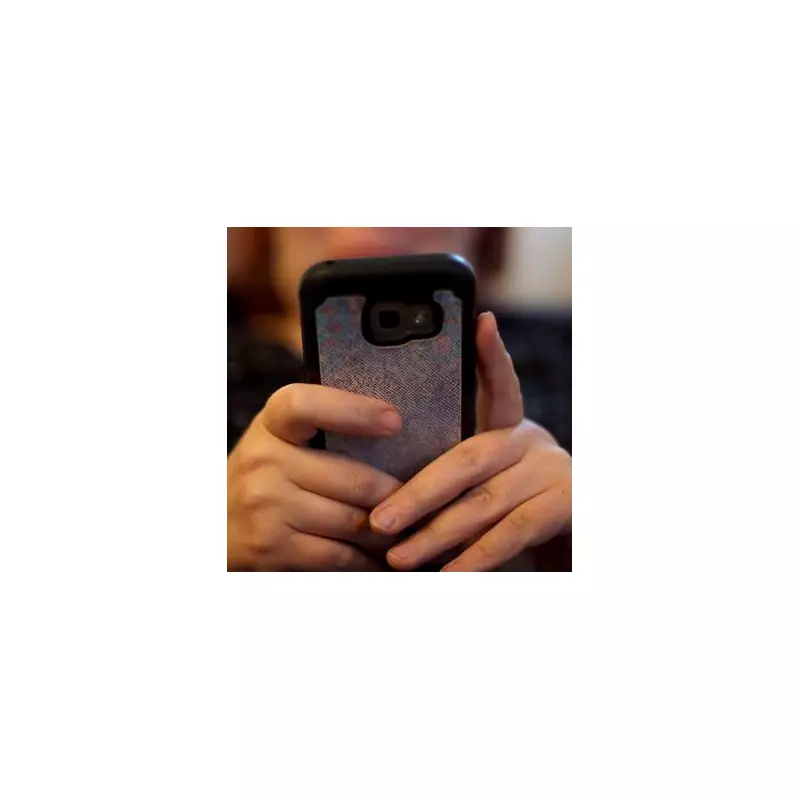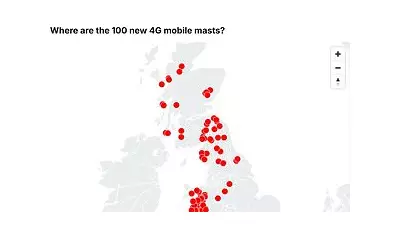
In an age where digital security is paramount, a surprising counter-trend is emerging among some devout Christians in the UK. Believers are consciously choosing to leave their smartphones unlocked, viewing the potential risk as a profound test of faith in their community and in divine protection.
The Scripture Behind the Screen
The movement is inspired by a specific biblical passage, Luke 6:31, which states, "Do to others as you would have them do to you." Adherents interpret this as a call to radical trust, believing that by leaving their personal devices open, they are actively practising the honesty and integrity they wish to see in the world.
A Test of Modern Faith
This practice is seen as a tangible way to live out religious principles in the 21st century. Instead of fearing theft or privacy invasion, participants are embracing vulnerability. They operate on the belief that if their phone is left unattended, the person who finds it will be compelled to do the right thing, effectively becoming an unwitting participant in an act of faith.
Mixed Reactions from the Flock
Unsurprisingly, the trend has drawn a spectrum of responses:
- Supporters hail it as a courageous and authentic way to demonstrate trust in humanity and God's plan.
- Sceptics, including many church leaders, warn of naivety, highlighting the very real dangers of identity theft, financial fraud, and data loss.
- Cybersecurity experts are unequivocal, stating that the practice is extremely risky regardless of the intention.
Finding a Balance
Some believers are seeking a middle ground, suggesting that faith should be exercised with wisdom. They propose alternative actions, such as using simple passcodes like "777" instead of no security at all, or focusing on other, less risky ways to practice generosity and trust in daily life.
This unusual story highlights the ongoing challenge of reconciling ancient religious tenets with the complexities of modern technology, creating a fascinating debate about where faith ends and folly begins.





